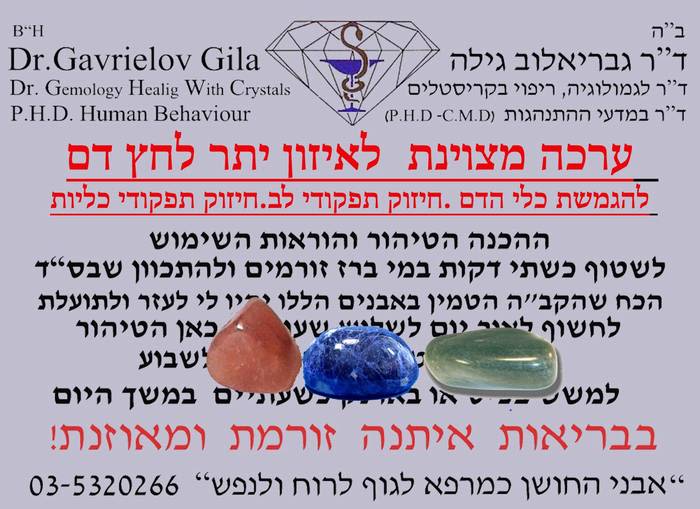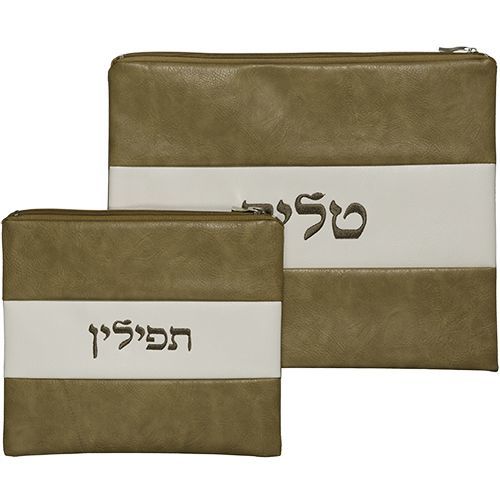
The Good Friend
When people do 'nice' things with expectation of return, or in order to create a feeling of obligation in the recipient of their kindness, it's the very opposite of giving...

One of the biggest presents in my life right now is that G-d lets me teach an emuna class every week. Three years' ago, it started very small: I had two people. Over time, it's gotten more popular, and on the odd week, we even get into double digits.
The topic this week was: 'The definition of a good friend'. The list of things a person would need to be a good friend that we came up with was very interesting:
Warmth; empathy; love; healthy boundaries; forgiveness; patience, generosity; respect; humility; brings out your best; truthful; acceptance; can be yourself / feel comfortable around them; really listens to you; compassion; non-judgemental; trustworthy; honest and thoughtful.
(There's probably more to add, not least emuna, because without emuna most people would find it pretty hard  to get anywhere near what this list demands of a person, in terms of good character, but you get the idea.)
to get anywhere near what this list demands of a person, in terms of good character, but you get the idea.)
The most striking thing about our discussion, at least for me, was how our group definition of a 'good friend' revolved exclusively around intangible things like good character and how the other person actually made us feel about ourselves. This is so not what we Westerners are used to, where nearly every relationship you care to mention is based on some form of 'you scratch my back, and I'll scratch yours', or mutual convenience.
You waste half your Sunday coming to my OTT birthday party for my toddler, and I'll come to yours; you make me a meal when I've had a baby, and I'll return the favour when you get back from your next trip to the maternity ward; you carpool my kids today, and I'll invite you for Shabbat lunch (it's not always a straight swap…)
Sometimes, the 'business arrangement' is much more subtle. For example, many years ago, I got superficially friendly with a woman from my local 'Mommy and Me' class. All we really had in common was the fact that we kept Shabbat, and had babies around the same time.
This woman got post-natal depression, and for a few good months, I knocked myself out trying to cheer her up. I'd pop round with fish and chips; or a couple of bottles of beer (don't ask – she appreciated it…); I'd invite them for Shabbat, I'd invite her for playdates etc etc.
At the time, I thought I was doing all this altruistically, from the goodness of my heart. Then, this friend had a very exciting birthday party, at a sort of 'jungle gym' for adults – and I was left off the list. I was completely devastated, and fell into a massive 'no-one likes me' depression for a month.
When I came out of it, I realized G-d had just taught me a very important lesson: for giving to really be giving, it has to be completely strings-free. I gave to this woman, expecting her to reciprocate in whatever way she could, ie, by inviting me to her party. When she didn't, our whole relationship fell apart, because it wasn't based on the list above, it was just based on mutual convenience (my ego needed to feel like I was selflessly 'rescuing' her, and she was very happy to take all the free time and attention.)
The other thing I learnt is that when people do 'nice' things in order to create a feeling of obligation in the recipient of their kindness, it's the very opposite of giving.
Rav Dessler writes a lot about this in his epic work, 'Strive for Truth'. On page 120, Volume I, he says the following: "These two powers – giving and taking – form the roots of all character-traits and of all actions. And note: there is no middle way. Every person is devoted, at the deepest level of his personality, to one or the other of the two sides, and in the innermost longing of the heart, there are no compromises.
"It is a basic law that there is no middle path in human interest. In every act, in every word, in every thought…one is always devoted either to lovingkindness and giving, or to grasping and taking."
Rav Dessler explains that giving is 'good', is 'G-d', is 'lovingkindness', and taking is the polar opposite. He also explains that when a person is rooted in taking, even their giving is really taking (because they only give in order to get back much more) and vice-versa: when a person is rooted in giving, even their taking is really giving. You do them a favour, and they'll praise you about it for months and make you feel really, really good about yourself.
The discussion gave me a lot of food for thought, about differentiating between 'business arrangements' and real friendships. It also made me see I have a lot of work to do, before I could really be considered a 'good friend', not least to my husband. And finally, it showed me, yet again, that the inside, the feelings, is what really counts, and not the external appearances. Someone can bake you a cake, they can watch your kids, they can invite you to their home, but if they make you feel disgusting about yourself, they aren't a good friend. And maybe, they're even just the opposite.












3/25/2014
Absolutely I read the article by Rav Dessler and it changed my life perception. I learned that sometimes it is harder to learn how to receive than to give. Learning to receive graciously is almost more of an art than giving, since without the receiver there can be no giver. Receiving gives others a chance to give. It's the most beautiful cycle.
3/25/2014
I read the article by Rav Dessler and it changed my life perception. I learned that sometimes it is harder to learn how to receive than to give. Learning to receive graciously is almost more of an art than giving, since without the receiver there can be no giver. Receiving gives others a chance to give. It's the most beautiful cycle.